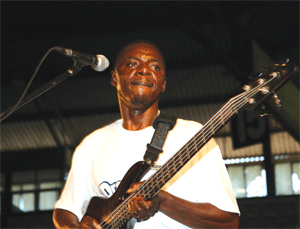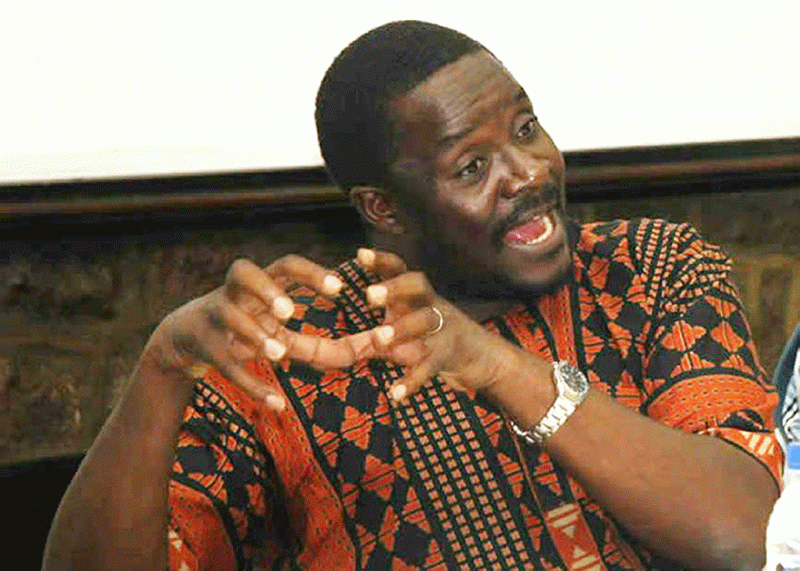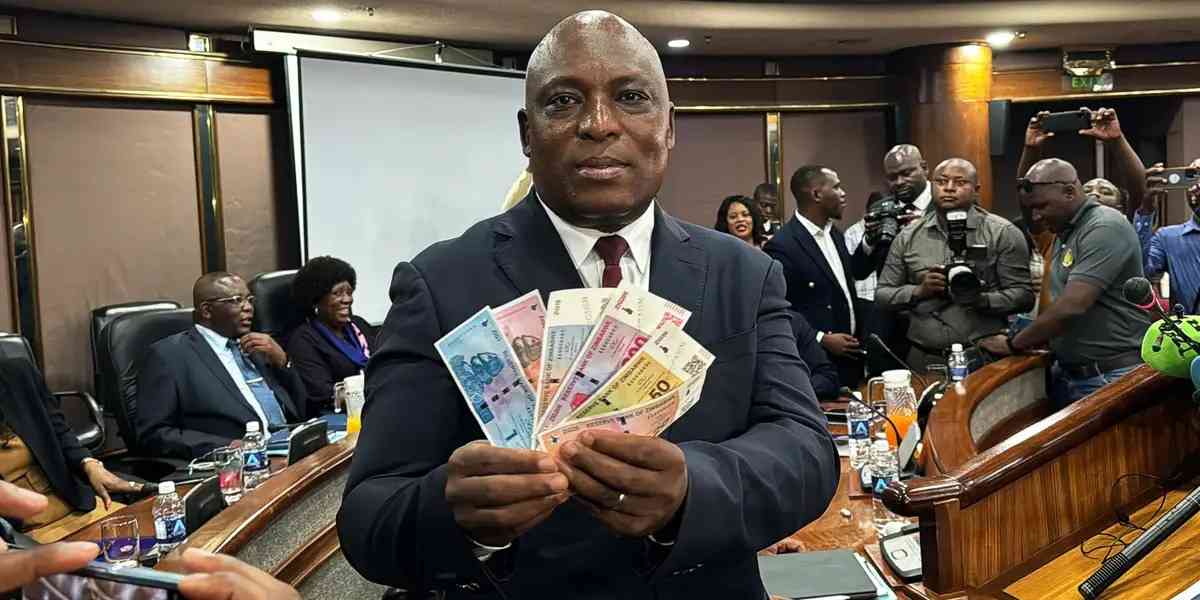
Alick Macheso is not known for being pompous or showering himself with praise like some of his counterparts. Drum Beat with Godwin Muzari
One of his well-known strengths is meekness that complements his talent and endears him with his legion of fans. He is a down-to-earth artist who can mingle with his fans in any part of the country without any problem.
On most instances when he was compared to the late Tongai Moyo, people saw Macheso as a man of the people while Moyo was said to be showy.
Moyo was regarded as a pompous character because of the way he carried himself socially and the various phrases and names he coined to praise himself.
Moyo called himself Murozvi Mukuru, Mopao Mokonzi, Father Flower and Muridzi Wenyaya among other self-praise titles.
In Macheso’s camp, that job was left to his lieutenant Jonas Kasamba who, in the rhumba style, would cheer his boss on stage and in the studio.
On titles of his previous albums like Zvido Zvenyu Kunyanya, Vapupuri Pupurai, Ndezvashe-eh and Zvinoda Kutendwa, Macheso connotatively gave credit for his success to his fans and God. The titles of his albums depict his feelings at the different phases of his career.
On the song Charakupa off Zvido Zvenyu Kunyanya, Macheso actually sings: “…isu hazvisi zvedu, chedu kubvonga chete, kana tabvonga togadzika vanodya vodya, kushata kana nhapitapi vachadudzira ivo” (we do not judge our works but we leave it to the audience to give the verdict.)
- Chamisa under fire over US$120K donation
- Mavhunga puts DeMbare into Chibuku quarterfinals
- Pension funds bet on Cabora Bassa oilfields
- Councils defy govt fire tender directive
Keep Reading
Self-praise runs through lyrics
On his latest album Kwatakabva Mitunhu (Kure Kwekure), Macheso changes tone. He becomes very defensive and takes it upon himself to tell his fans that he has seen it all.
The title of the album literally translates to “we have come a long way”. The focus is on his experience and talent. The recurrent message in his songs reflects the title.
This is a diversion from Macheso’s usual stance of letting others do the praise-singing. Some of the lyrics on the new album seem to be targeted on a perceived competitor or enemy.
On the track Kutsvaga Chiremba Macheso says his group created dances that are now common. He declares: “…borrowdale tisu takatanga nayo, chikopokopo tisu takatanga nacho, razor wire tisu takatanga nayo, slomo tisu takatanga nayo, zorai butter tisu takatanga nayo.” [we are the founders of borrowdale, chikopokopo, razor wire, slow motion and zorai butter dances]. However, the origins of “borrowdale” and “slow motion” dances have been subject to debate.
Franco “Slomo” Dhaka claims he founded “slow motion” dance and popularised it at other platforms many years before joining Macheso.
Popular sungura dancer Manyowa (real name Bata Sinoio), who worked with the late John Chibadura, says he created the “borrowdale” dance long before Macheso left Khiama Boys to form Orchestra Mberikwazvo.
Macheso’s emphasis on tisu [we are] on this track could remind people of petty feuds among young local musicians where phrases like tisu takaipa, tisu mashark, tisu tineyese, and tisu vacho [we are the bad boys, we are sharks, we know everything, we are real] are common.
These youngsters excessively praise themselves to discredit each other and it would be unimaginable to say Macheso intends to do the same.
On the song Chipo [gift/talent] Macheso says a God-given talent cannot be taken away by human beings. He says: “panekutaura kunzvenga chokwadi zvinova zvisingadiwi…..hachigonekwi, hachikoneswe, hachishaye kundiso pano neapo..” [avoiding the truth is prohibited…it (talent) cannot be stopped and it will triumph here and there].
On the song Chirimuruoko, Macheso sings: “…usafurirwe, mukoma mukoma chete, mukuru mukuru chete, hanga haigare pfunde, tisu takabva neko.” [do not be misled, you can never beat your seniors, we have come all the way].
Macheso once used a similar tone on the song Murondatsimba from the album Vapupuri Pupurai when he sang about copycats. He bitterly rebuked them but later realised his mistake and stopped playing the song at live shows.
Now, he seems to be getting carried away again. It is not clear who he is fighting but his obvious intention is to remind people that he is the best in the sungura genre.
Some have suggested that he feels threatened by Sulumani Chimbetu, but that is highly unlikely, considering their different levels of experience and maturity.
In my view, there is no need for Macheso to labour in trying to give his fans proof that he is good when it is widely believed that he is the king of sungura.











